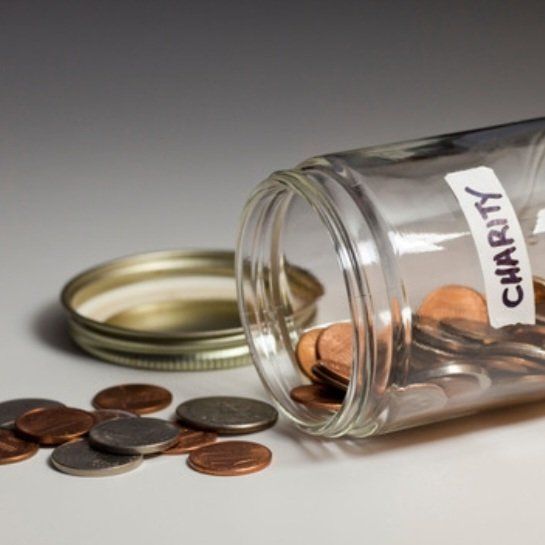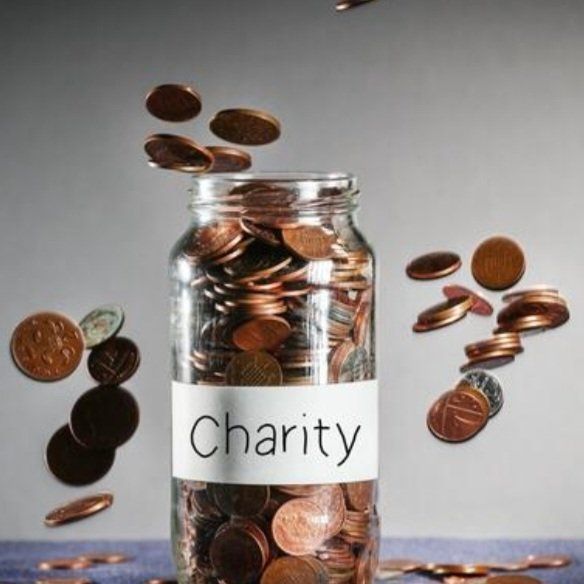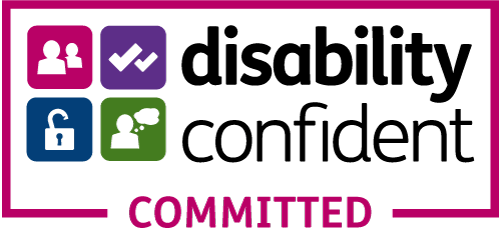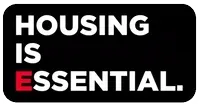Good Debt vs Bad Debt: What's the Difference?
Debt can come in different forms, such as a credit card, mortgage, or a car loan. It can be useful for various purposes, from an emergency purchase to helping you pursue your dream business or buy your first home. Therefore, not all debt is ‘bad’, and if you make repayments on time, debts can also work as evidence of good financial planning and responsible borrowing.
However, if debt is not managed carefully, or if you borrow too much and cannot pay it off, this might be considered ‘bad debt’ – which may have a negative impact on your day-to-day finances and your.
Learn more about the differences between good and bad debt, and how it could affect your finances.
Preparation
A ‘good’ debt can involve taking out a loan with careful planning and budgeting to ensure you’ll be able to afford the repayments. Before taking out a loan, creating a practical payment plan based on your income and outgoings can help you keep on top of your repayments.
If you stay within your credit limit and pay back your debt on time each month, this can positively affect your credit report – the better your credit report is, the more likely you are to successfully apply for credit in the future.
However, taking out a loan or credit agreement without first ensuring you can pay it off, can result in missing or late repayments. Unpaid, or continuously late repayments may well be noted on your credit report, and might be considered ‘bad’ debt.
Financial Benefits
Debt can sometimes be beneficial if the purpose of the agreement is to improve your financial situation. For example, a loan agreement taken for a carefully planned business venture may result in future profits; investing in an asset that grows in value (such as a house) can also be a good financial reason to take on debt. In these cases, the debt is taken out by choice rather than necessity and has the potential to improve your financial situation rather than damaging it.
However, if the financial investment is unable to provide the expected income and you do not have enough income to cover the loan repayments, or all your income is paying off the loan (leaving little funds in your account), it may cause financial strain. Any knock-on effects such as late payments or missed payments will become part of your credit history.
Taking on debt to make unnecessary purchases, for example using a credit card to fund a holiday, is what might be considered a bad debt. This kind of purchase provides no long-term financial benefit and if you cannot afford repayments it will negatively affect your credit report.
Cost
Researching or ‘shopping around’ for different loan or credit options before making an application may help you find more favourable interest rates, and lower charges and fees. This can result in a ‘good’ debt as the cost of the loan might work out lower, potentially reducing the amount you owe overall.
For example, if you have thoroughly researched the options before taking out a mortgage, it can help you find the right mortgage type for you and possibly get a good deal with a lower interest rate.
However, if the loan or credit was taken out quickly and without research, you could find yourself paying more in your repayments than if you had found a better deal by shopping around.
If the loan or credit agreement has a very high interest rate or there are unexpected charges, fees, or heavy fines (for missing payments) due to a lack of research, it may result in difficulties repaying the debt (late or missing payments), and this might be considered ‘bad’ debt.
Decisions
When taking out a loan it’s important to consider three factors:
- Will you be able to cope with the repayments?
- Is the loan providing the financial benefits that outweigh the cost?
- Are you getting the best deal possible on the loan?
How to get out of debt
Being in debt can be stressful and can sometimes feel like a real-life game of Snakes and Ladders. Just when you think you’ve made progress, you can slip straight back into debt. While it can be hard to stop the spiral of spending that leads to debt, confronting it and making a realistic plan to pay it off is an important part of getting back on your financial feet.
There are different steps to consider when thinking about how to get out of debt. Firstly, where to turn to for professional advice and what alternatives exist. Secondly, how to budget for the future to avoid falling back into debt, and finally, how to go about repairing your credit history, if debt has caused you to miss repayments.
How to find advice on getting out of debt:















